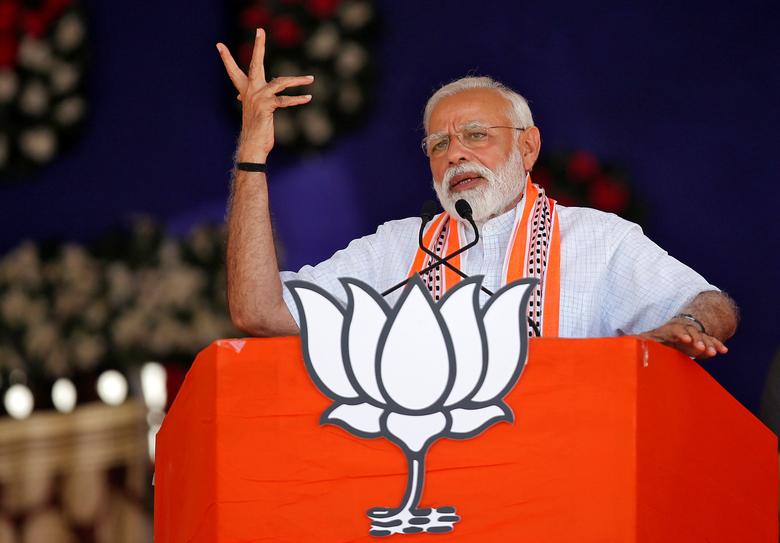
Set up in 1985, Saarc was the first regional organisation in South Asia. The purpose was to seek regional economic integration among the member countries. However, the organisation never took off or achieved its desired goals because of the acrimonious relationship between Pakistan and India. It was in 2014 when the last Saarc summit was held in Nepal. The next summit was to take place in Islamabad in November 2016, but had to be cancelled after India refused to attend. Since then the organisation was literally dysfunctional as no efforts were made to organise the summit, although Islamabad said India was the obstacle.
In this backdrop, questions need to be asked as to why Modi suddenly realised the importance of Saarc, which India long considered a dead organisation. The apparent reason of course is the coronavirus but his initiative appears to have other objectives.
India’s global image in recent months has been hit by Modi’s divisive policies at home. The recent pogrom in Delhi where right wing Hindus carried out a massacre of Muslims has even prompted Indian friends to criticise the Modi government. The international press has repeatedly warned that the Modi government may be following the template of Adolf Hitler, who carried out the genocide against Jews.
Not just anti-Muslim policies, the muscular approach by Modi to suppress the Kashmiri freedom struggle is another area where India has come under severe criticism from the Western media and even its own allies. The abrogation of Article 370 of the Indian Constitution that gave special status to the disputed Jammu and Kashmir region has alienated those Kashmiri politicians who had sworn allegiance to India. Despite the brute use of force and draconian measures to suppress dissent, the situation in the scenic valley is far from Indian control. Although, India will never admit publicly, Modi’s anti-Muslim policies and mishandling of the Kashmir situation has certainly backfired. The Indian policy of seeking Pakistan’s isolation has not made any headway either.
Given all this, it seems there is a rethink in India’s approach towards Pakistan. By signalling to work on the Saarc platform, Modi wants to send a message that India is willing to mend ties with Pakistan. In fact, India in recent weeks, through the United States and other common friends, conveyed its willingness to reengage with Pakistan. Islamabad, however, turned down New Delhi’s offer.
The reason Pakistan was not keen to have any rapprochement stemmed from the fact that any engagement with India at this stage would be tantamount to endorsing its action in Kashmir. Also, Pakistan feels that given the current challenges Modi is facing at home because of the recent Delhi riots and continued unrest in Kashmir, the policy of engagement would only help Modi deflect both domestic and international pressure.
Pakistan is mindful of these tactics and unlikely to take the bait at a time when it has the ‘strategic space’ to take full advantage of Modi’s follies.
Published in The Express Tribune, March 16th, 2020.
Like Opinion & Editorial on Facebook, follow @ETOpEd on Twitter to receive all updates on all our daily pieces.
1726117332-0/Megan-Thee-Stallion-(1)1726117332-0-405x300.webp)










1735025557-0/Untitled-(96)1735025557-0-270x192.webp)







COMMENTS
Comments are moderated and generally will be posted if they are on-topic and not abusive.
For more information, please see our Comments FAQ